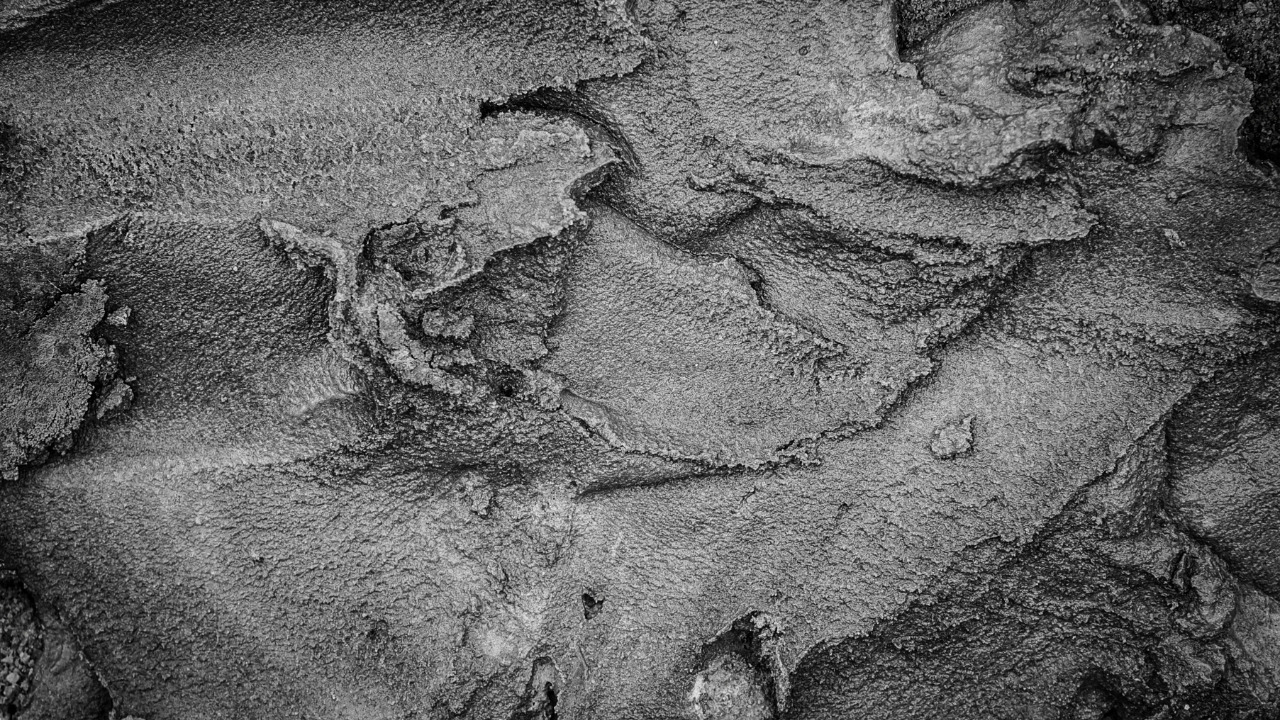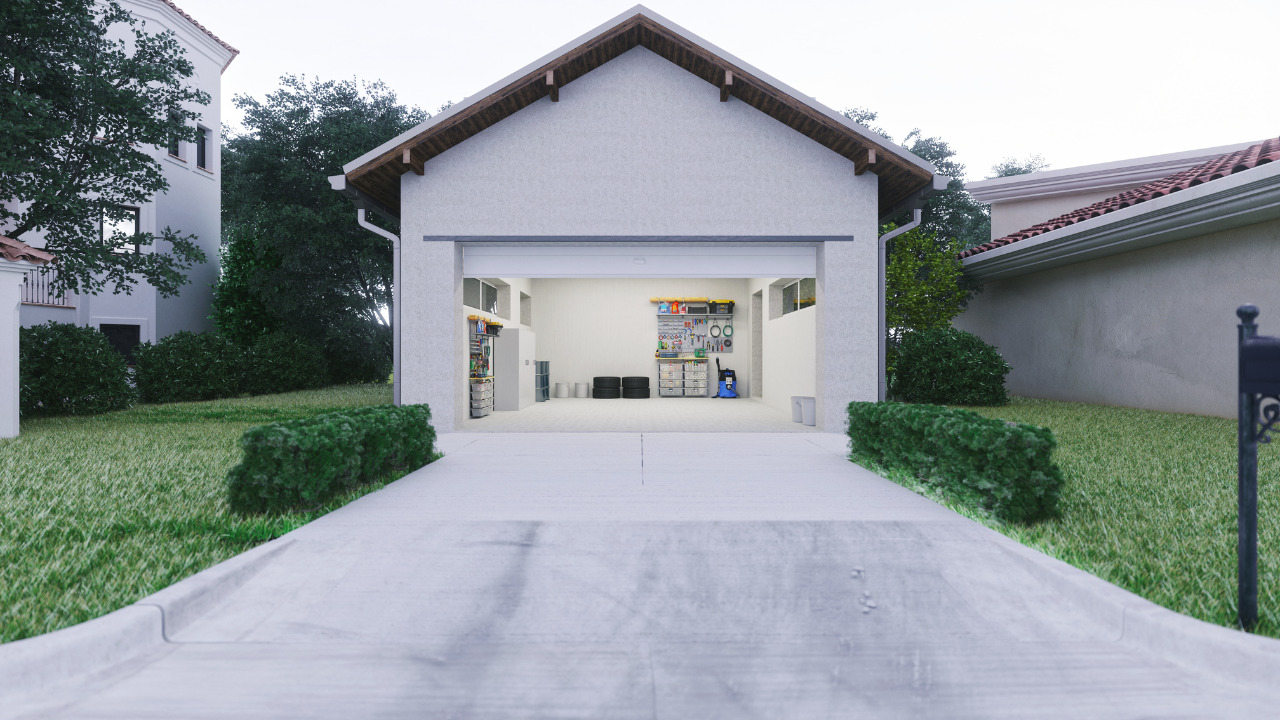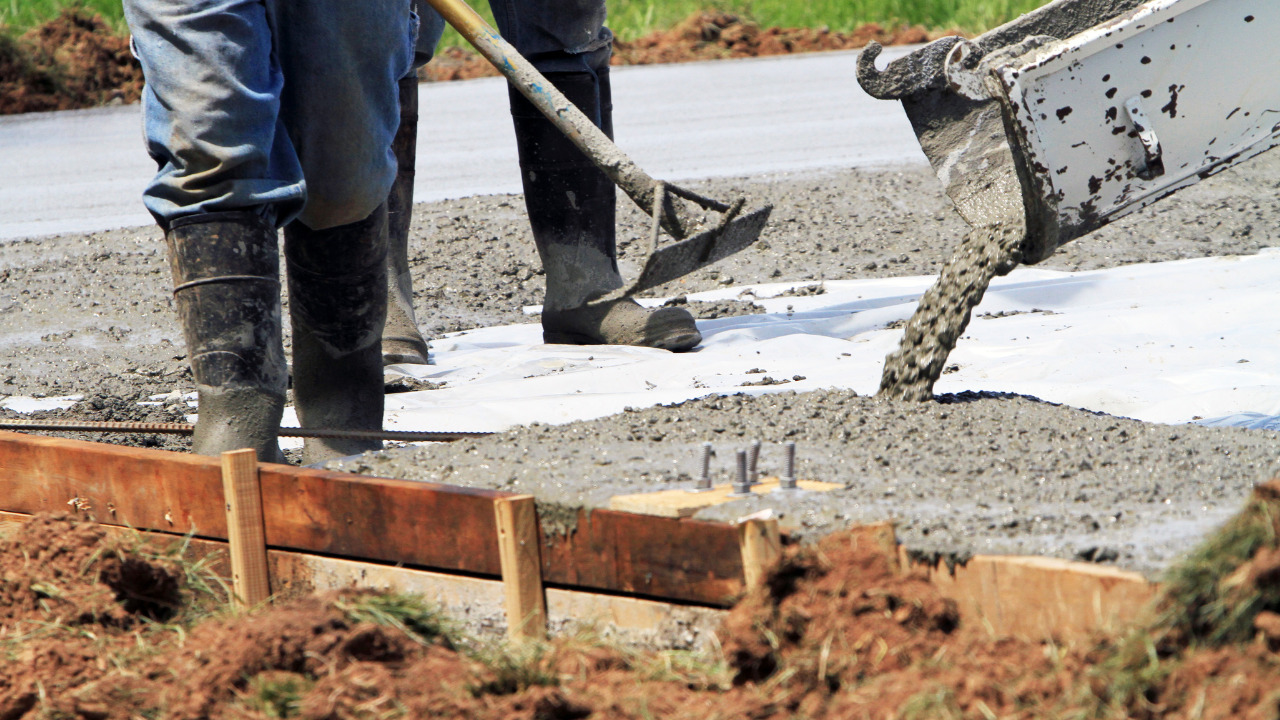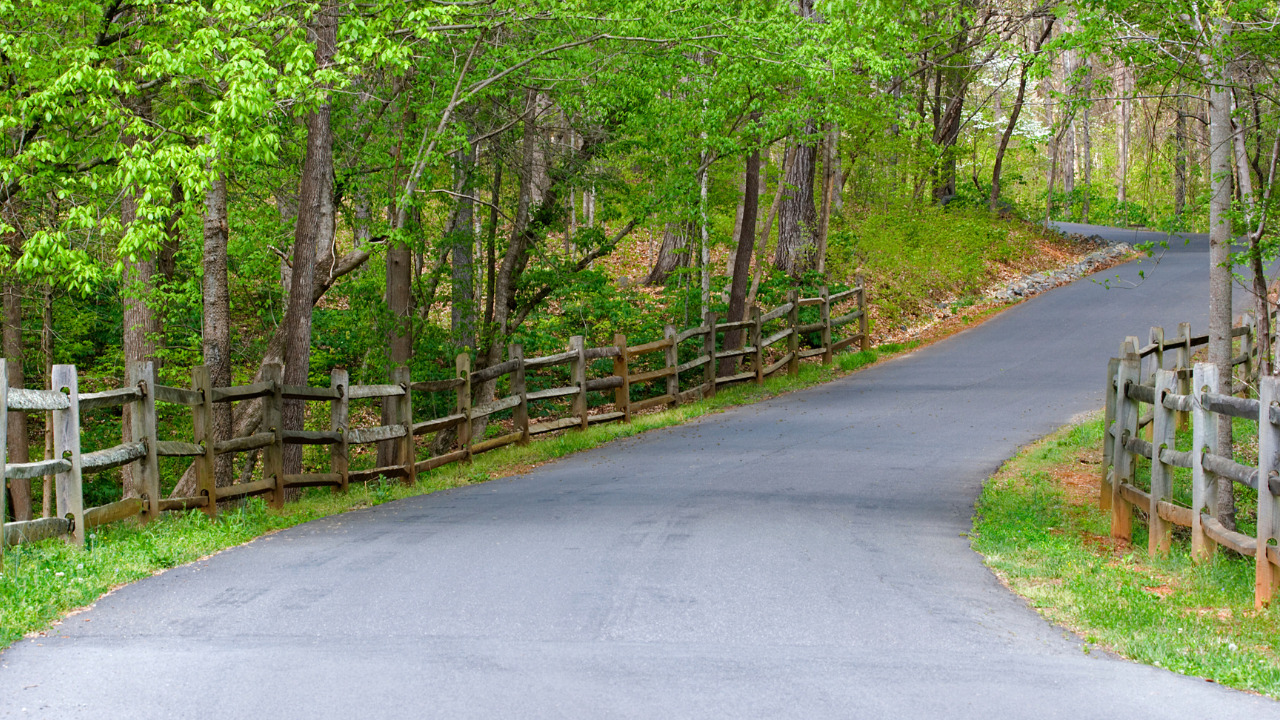When someone talks about concrete PSI, they’re referring to how strong the concrete is once it’s been cured. The higher the psi, the greater the compressive force it can withstand. What exactly does this imply? The concrete must cure at a higher strength for the driveways. The strength comes from using a concrete mix with a greater PSI.
Many people believe concrete is a powerful and long-lasting substance, and they are right. There are, however, various methods for determining the strength of concrete. Perhaps more crucially, each of these strength features gives unique concrete characteristics that make it a good fit for various applications.
This article will discuss different types of concrete based on their PSI or strength level. Moreover, we will also talk about the importance and effectiveness of different types of concrete. You can also know the main difference between traditional concrete and ultra-performing concrete. So, let’s get started:
Table of Contents
Concrete PSI: An Overview
The compressive strength of concrete is measured in pounds per square inch. Because a greater psi indicates that a concrete mixture is more durable, it is usually more expensive. On the other hand, these stronger concretes are more durable, meaning they will endure longer.
Concrete buildings must have a greater psi to resist more freeze cycles in colder areas. Compressive strength is generally tested after seven days and then again after a month to establish the psi. The seven-day test is used to determine early strength increases, and it can be done as early as three days in some situations.
Types Of Concrete PSI
If you don’t plan to drive or park heavy machinery on it, 3000 PSI concrete is frequently used in residential applications like sidewalks and driveways. Less frequently found in patios and sidewalks is 3500 PSI. It is most frequently used for slabs, driveways, or parking spaces for large vehicles like RVs.
A suitable alternative for serious home workshops is 4000 PSI. For instance, if you intend to install a car lift or secure large pieces of machinery to the slab. This is most frequently utilized in industrial and warehouse applications.
Why Do You Choose Concrete For Driveways?
There are five basic types of driveways. However, concrete, asphalt and soil are the most expensive driveway options in terms of cost. Asphalt and pavers require a compacted base, which increases the expense but extends the product’s life.
A prepared base will help concrete, but it isn’t always required. No doubt, there are pros and cons to installing any driveway. But you must choose one wisely and according to your region’s specifications. The grass or dirt track usually is free, but it sinks and needs to be mowed, graded, and regularly filled, particularly in damp or freeze-thaw areas.
Concrete is the strongest, longest-lasting, and most durable driveway material available when put on a reasonable basis. Concrete is the most cost-effective option in the long run due to its low maintenance, lifespan, durability, and strength.
Does Concrete PSI Really Matter?
Yes, the proper concrete PSI is necessary to create a durable driveway. Concrete driveways typically have a 3000–4000 PSI concrete strength. Depending on your location, you might want to lower your PSI. The driveway with a higher PSI won’t be harmed by concrete because it will be more resilient.
A higher PSI is a good idea if you wish to park larger vehicles in your driveway, such as RVs. Various types of concrete are available with various compositions, strengths, and applications. The two typical techniques for supporting concrete are earth preparation for outer support and steel reinforcing for internal support.
Unmodified or sufficiently compacted soil, a compacted foundation, and a crushed stone subbase are all effective. The concrete driveway must be marked for anything other than cars and half-ton trucks if it is to be used for anything else.
The type of load and the soil influences the thickness. Depending on how well the base and subbase are prepared, the driveway’s thickness may be raised by up to 8 inches. The price of a 5-inch thick concrete slab will increase by 25%, but the structure’s strength may increase by 55%.
Steps To Determine The Concrete Thickness For Driveway
Concrete is a heavy material that needs to be supported to avoid cracking or breaking. Steel reinforcement for internal support and ground preparation for exterior support are the two major types of concrete support.
A compacted base and subbase of crushed stone material and undisturbed or compacted soil of a proper sort function well.
It’s crucial to determine whether the concrete driveway will be utilized for automobiles, half-ton vehicles and heavy machinery. The soil’s load and function help determine the thickness of concrete. Another thing to consider is your budget and how much you’re willing to spend.
Usage Of Driveway
The purpose of the driveway has a significant impact on the concrete thickness. A three- or four-foot concrete pad may be enough for light vehicles but not for heavy vehicles such as trucks, lifts and heavy-duty machinery.
Many contractors, however, prefer to pour residential concrete driveways between 4″ and 6″ thick on a prepared base since thicker concrete provides more strength.
Concrete Strength Varies From Soil To Soil
The soil type impacts its strength and drainage, varying from place to place, even within the same neighborhood. Concrete can be poured straight upon solid, undisturbed soil or subgrade, providing adequate support.
On the other hand, elevation and drainage could be a problem. A soil specialist or engineer should examine the soil and determine whether it can directly support the loads or if a sub-base and base are needed.
When soil is removed and the earth is compacted, the slab may become lower than the surrounding environment. The drive will be elevated, and drainage will be improved by adding a compacted granular or gravel base. The stronger the support for the concrete, the thicker the sub-base.
The sub-base is usually larger aggregate gravel than the base, which contains more delicate material to help with compacting and grading.
Driveway Preparation Cost
The impact on the budget is determined by the driveway’s dimensions, preparation work, and concrete thickness. The cost of a small motorbike or compact car parking pad vs. a double-wide curb-to-garage driveway that can handle four full-sized cars differs significantly.
The thickness of the pour, the use of rebar, the addition of a compacted sub-base and base, and the type of finish, texture, and color additives all affect the budget.
Another consideration is whether to employ professionals or do it yourself. Regarding concrete work, labor accounts for about 50%-60% of the real cost.
So, if you can handle most of the prep work yourself, you can stretch your budget further. Depending on your ability and money, you may prefer to handle the base and rebar while the professionals place and finish the concrete.
Final Verdict
It’s critical to understand the varied strength parameters of a concrete mixture when evaluating it for a project. Understanding these numbers and what each concrete strength feature brings to a job is key to selecting the perfect concrete mixture.
Ultra-high-performing concrete outperforms standard concrete in every strength category, making it an excellent alternative for any concrete application. UHPC provided a win-win situation of higher strength and lower lifecycle costs due to its decreased maintenance and increased lifespan.











